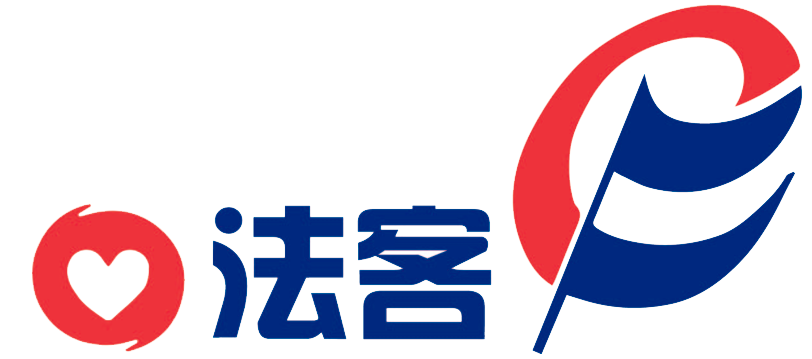The Extended Producer Responsibility (EPR) law is used as a way of controlling the environmental impact of different categories of products. The EPR essentially means that producers must carefully choose what materials they use for their products, how they produce them, how they are used and especially how they are disposed of.
According to the French Environmental Code “producer”, here, means every legal and physical person who produces, handles, sells or imports products which create waste. That includes manufacturers and importers.
The notion of Extended Producer Responsibility (EPR) has been written in French law since 1975. This law is also applied in other EU Member States. At the time, their governments were looking for a way to reduce the non-recycled waste their countries were producing. They found that involving producers in the management of their product waste, instead of letting local governments deal with them, was in fact very effective. In France, the AGEC law that was passed on February 10th, 2020, further enhanced the legislation.
Source:
- OECD. Fact Sheet: Extended Producer Responsibility. [online]. Available on: https://www.oecd.org/env/waste/factsheetextendedproducerresponsibility.htm. (Viewed on 15/04/2022)
